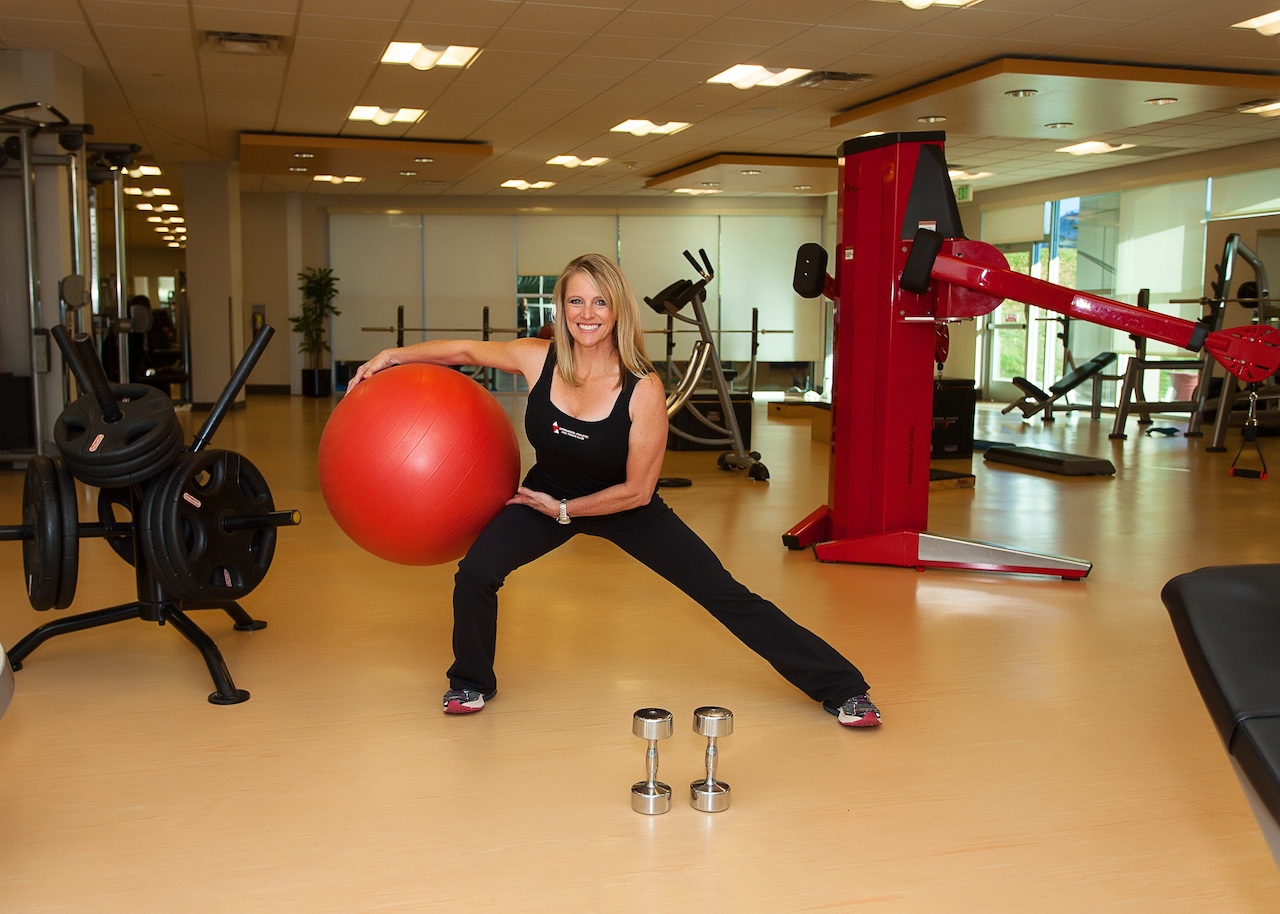Discover Your Why | by

Purpose-Driven Results Can Last A Lifetime
Much like a curious 5-year-old, Sheri Warren spends a lot of time asking: “Why?” But unlike an inquisitive tot, the personal trainer’s concerns are not about the color of the sky or the origins of babies. For her, it’s about getting people on their feet.
“Everybody knows all of the benefits of exercise,” Warren says. “They’ve read it. They’ve seen it on TV.” Yet people still aren’t exercising. A recent survey by the Physical Activity Council found that 83 million Americans ages 6 or older (about 28 percent) were leading sedentary lives. Inconsistency accounts for much of the problem, Warren says. People haven’t made exercise routine enough to reap the rewards, she says. “So there has to be a bigger motivator. There has to be a bigger reason for exercise than just your jean size.”

Sheri Warren, Greenwood Athletic and Tennis Club, Director of Sales & Retention
Enter the “why” factor. A growing trend in the fitness industry, finding a person’s “why” involves digging deeper, Warren says. At work, she’ll ask clients: But why do you want to lose weight? Why do you want to be healthier? At home, the first-time grandmother of a 1-year-old routinely reminds herself of her “why,” which she found long before becoming a grandmother on a family Disney trip years ago. “Back then, I noticed so many grandparents not going on rides, or not playing at the beach. I decided I wanted to be the kind of grandma that was down on the ground making sandcastles and still living my life. I didn’t want to be sitting on the sidelines.”
No “why” is wrong, as long as it deeply motivates people, Warren says. It can be as simple as a workout buddy they don’t want to let down, or a 5K they want to finish, she says. Finding an emotional attachment can boost the power of a why, such as being around for your family as long as possible or staying fit so you don’t become a burden to anyone.
Warren urges clients to post their “whys” on mirrors and share them with an accountability buddy to help when they’re feeling weak. “Once you have a why, it’s easier to stay on track; you don’t want to go back,” Warren says, adding that periodic indulgences are expected. “Do I still enjoy life and have a piece of cake or a glass of wine once in a while? Absolutely. But whenever possible, I ask: ‘Do I want that donut more than I want my time on the beach?’ If I have the ability to make a choice that’s going to improve my chances of living a longer, healthier, happier life, I’m going to take that.”
Tags: healthy
Leave a Comment
Please be respectful while leaving comments. All comments are subject to removal by the moderator.
